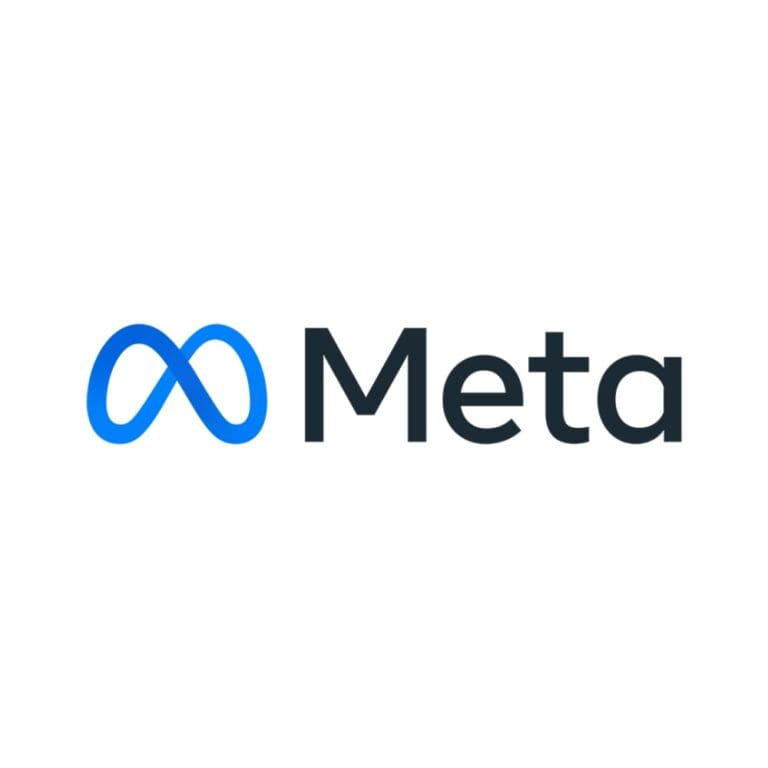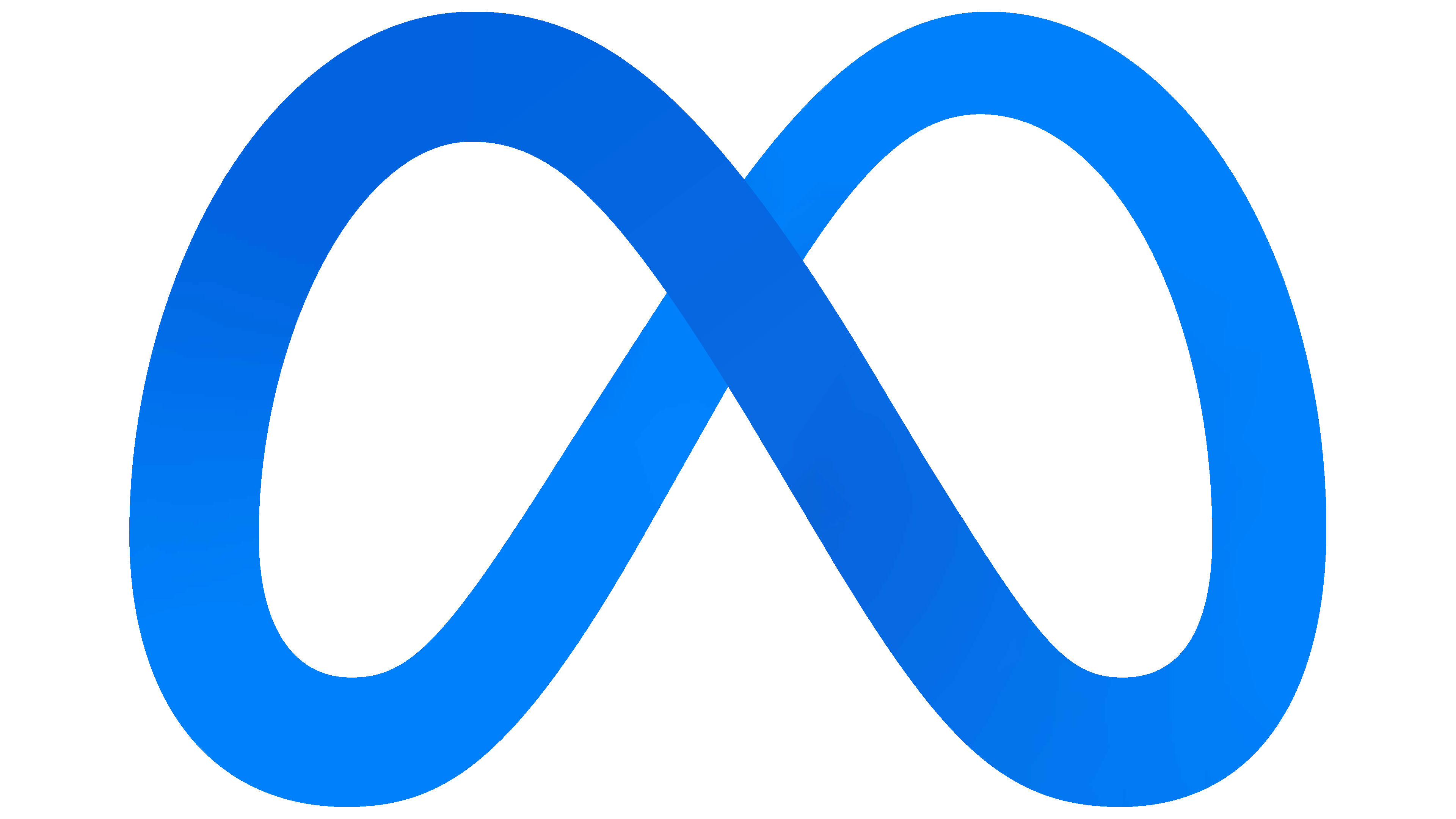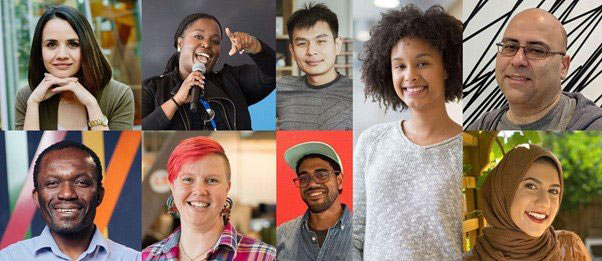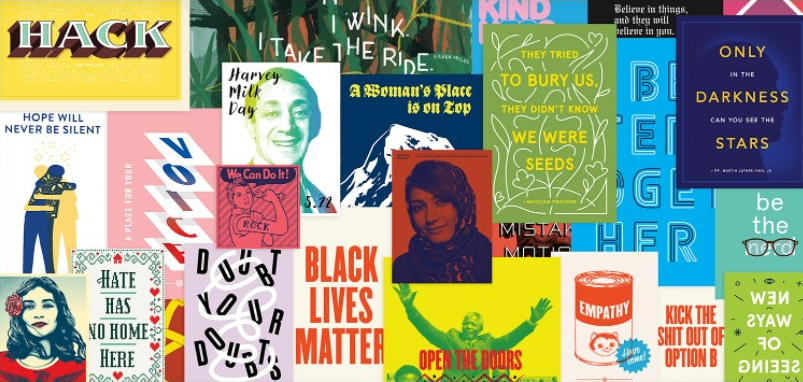Meta builds technologies that help people connect, find communities and grow businesses. When Facebook launched in 2004, it changed the way people connect. Apps like Messenger, Instagram and WhatsApp further empowered billions around the world. Now, Meta is moving beyond 2D screens toward immersive experiences like augmented and virtual reality to help build the next evolution in social technology.
At Meta, you’ll have the opportunity to work with great people, tackle big challenges and make a real impact, wherever you work—while being your unique, authentic self. From our holistic benefits to our commitment to diversity to our personalized approach to flexibility, we focus on building an inclusive environment that’s welcoming for everyone who works at Meta. We empower people here to connect with each other, build community, and do work that is meaningful for them, for Meta, and for the people who use our apps and technologies.


Websites: www.facebookcareers.com
Business Sector: Social Media, internet, technology
HQ Locations: Menlo Park, California
Office Locations: North America, Latin America, EMEA, APAC
Number of Employees: 76,000
Founder/CEO/Chairman: Mark Zuckerberg
COO: Javier Olivan
Chief Product Officer: Chris Cox
CFO: Susan Li
CTO: Andrew Bosworth


Since 2014, we’ve publicly reported our diversity metrics and shared how we’re putting diversity, equity and inclusion at the forefront of our work toward the metaverse by building products with people from diverse backgrounds and perspectives.
In 2019 and 2020, we set ambitious five-year goals to increase representation in our workforce, and the latest numbers from our 2022.
50-in-5 Update
In 2019, we committed to doubling the number of Black and Hispanic employees in the US and the number of women in our global workforce by 2024. We met and exceeded that goal for each of those groups – two years ahead of schedule – and we are working to continue improving these gains. Since 2019:
We have doubled the number of Black and Hispanic employees in the US.
We have doubled the number of women in our global workforce.
We also challenged ourselves to raise the number of underrepresented people to at least 50% of our global workforce. As of June 30, 2022:
People with disabilities now represent 6.2% of our US workforce, up from 4.7% in 2021.
Based on voluntary self-identification, veterans represent 2.3% of our US workforce and members of the LGBTQ+ community make up 10.0%.
Underrepresented people make up 46.7% of our global workforce, up from 45.6% in 2021.
30-in-5 Update
In 2020, we challenged ourselves to increase the number of US based leaders (Director-level employees and above) who are people of color by 30%. As of this year:
Through promotions and hiring, we are on track to achieve (and in some cases exceed) our ambitious goal to increase the representation of all people of color in leadership positions in the US by 30% by 2025.
As an example, so far we have increased Black employee leadership by 44.1% since 2020.
Beyond our 50-in-5 and 30-in-5 goals, we continue to increase the number of women in leadership roles. Women now represent 36.7% of our global leadership.

